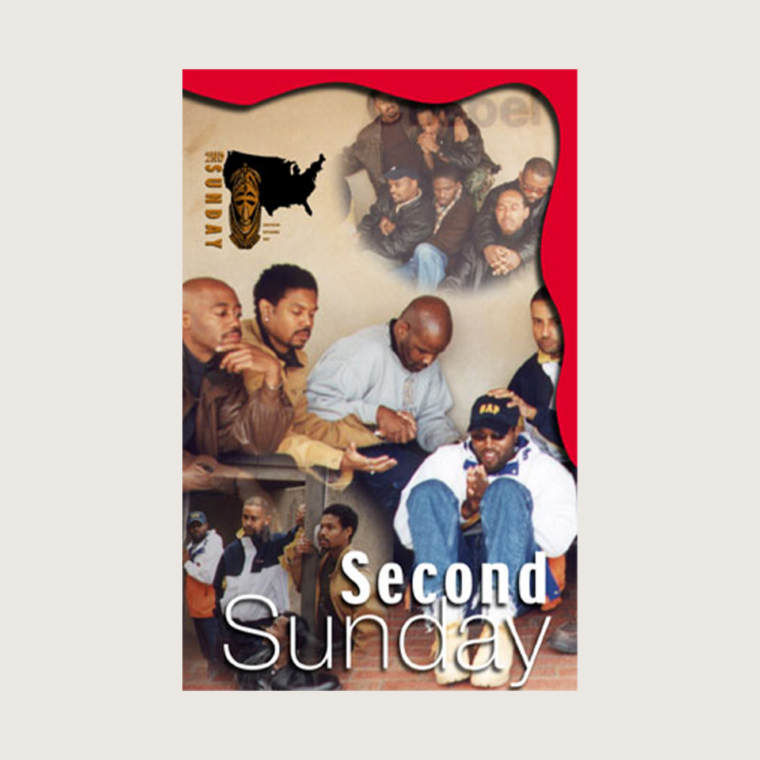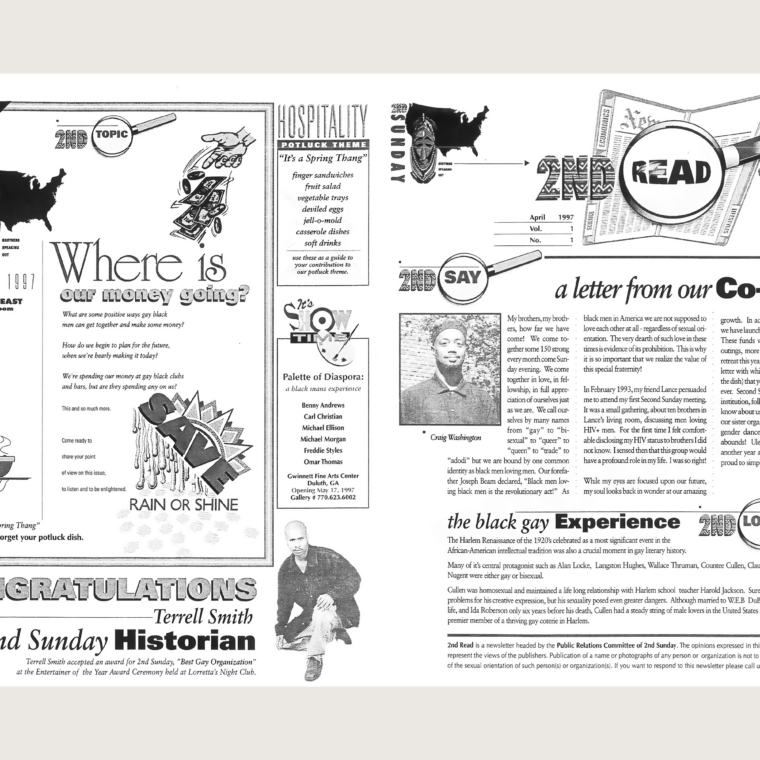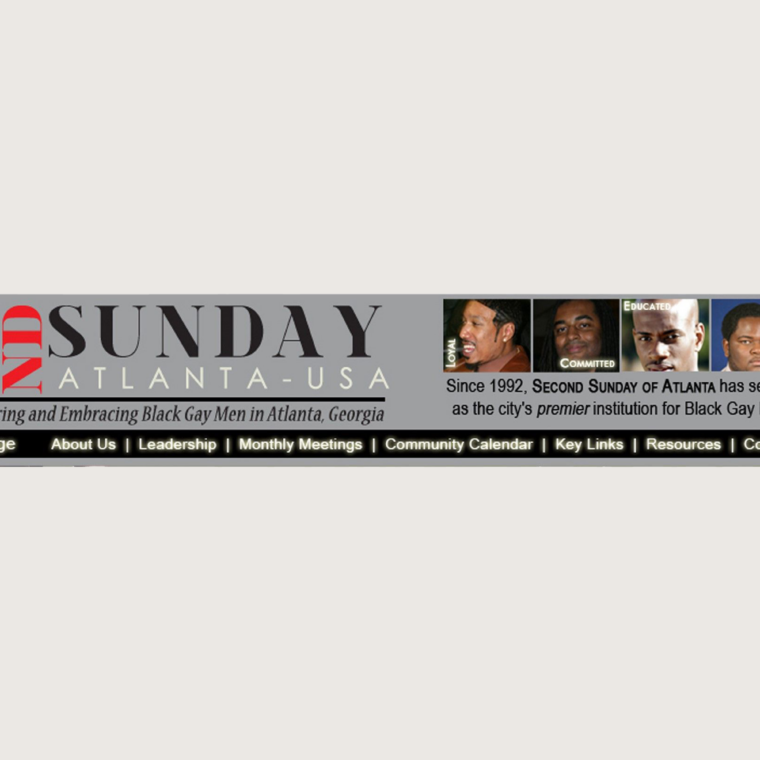1/4 The Origins of Second Sunday
Second Sunday brought members together from various paths and walks of life, which created the robust political foundation that Second Sunday rested on and inspired several community organizers, advocates, and leaders that came out of the group.
Atlanta’s civil rights legacy was in the DNA of Second Sunday. In 1992, 35 years after the establishment of the Southern Christian Leadership Conference, Dr. Maurice Franklin, an SCLC staff member, began developing Second Sunday with input from others in the community. Shortly after, the group held its first monthly meeting in Franklin’s home on a second Sunday. Many of the initial participants met through Cascade United Methodist Church. One telling point of this connection is the name “Second Sunday,” adopted because that was the day the Cascade United Methodist Church Male Choir sang.
In the early years of Second Sunday, there was considerable and pervasive discrimination against LGBTQ+ people. In 1992, there were still anti-LGBTQ+ laws on the books, including in Georgia. This made it challenging at times for Black gay men to accept themselves. Second Sunday responded to this challenge by hosting dialogues. In February 1993, there was a meeting entitled “Does Your Mama Know” centered around coming-out stories.
After meeting in various member’s homes for a time, Second Sunday found a space at Virginia Highlands Church. The group membership surged by 1994, and by 1996, Second Sunday held its first elections and shifted from an informal structure with a dispersed leadership to a formal structure driven by a core group, organizational bylaws, and committees.
This enhanced organizational structure and administrative capacity proved the innovation and visionary leadership of what started as an informal support group in meeting the needs of the growing membership of Second Sunday.



